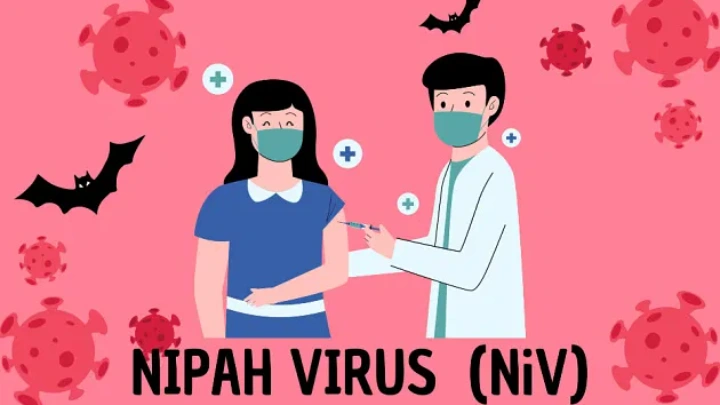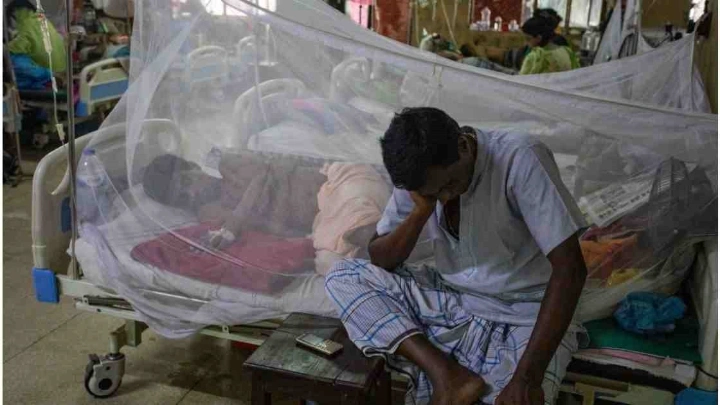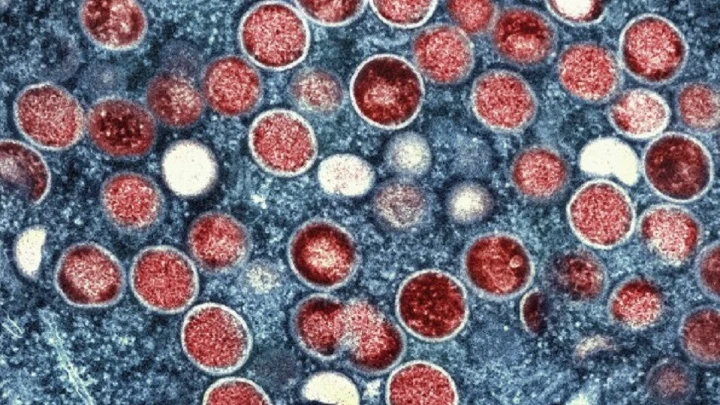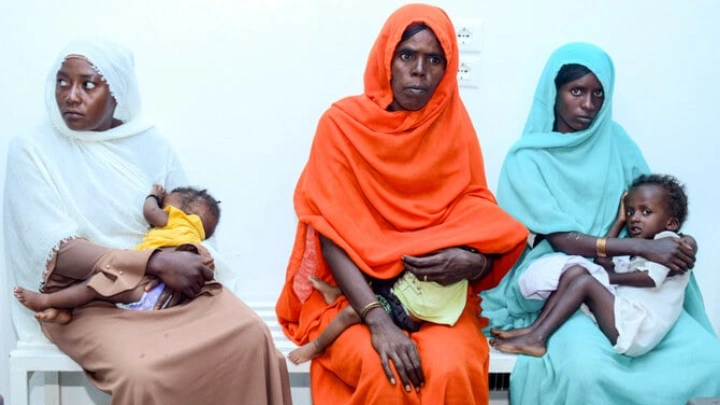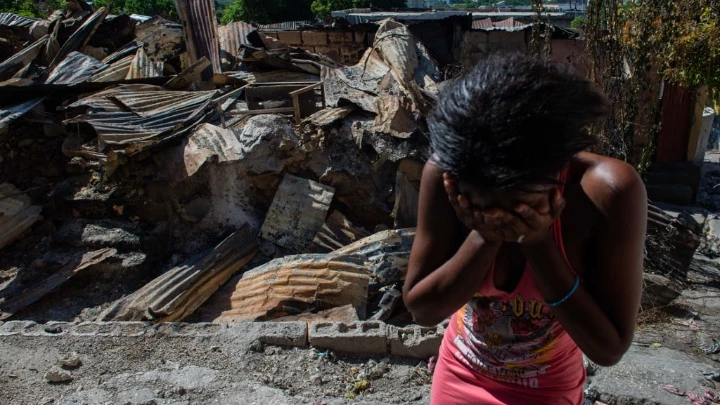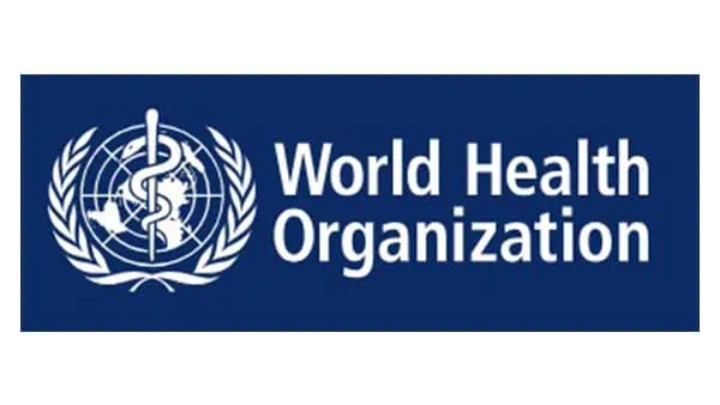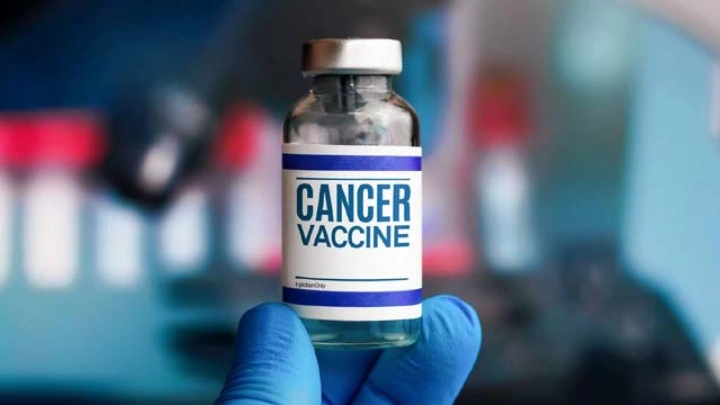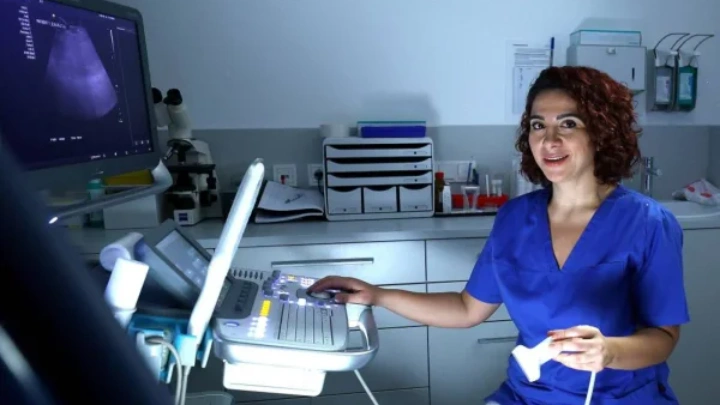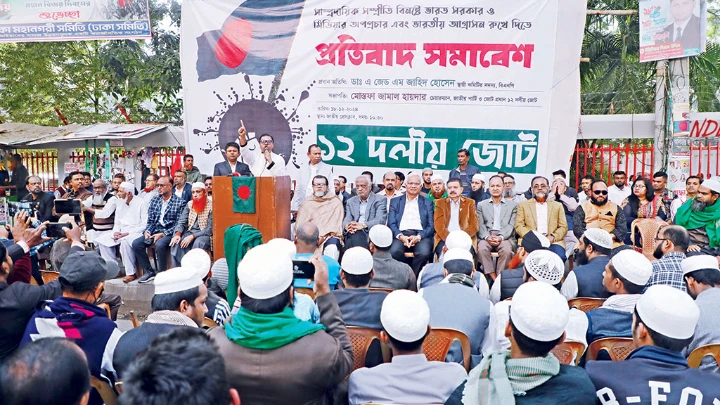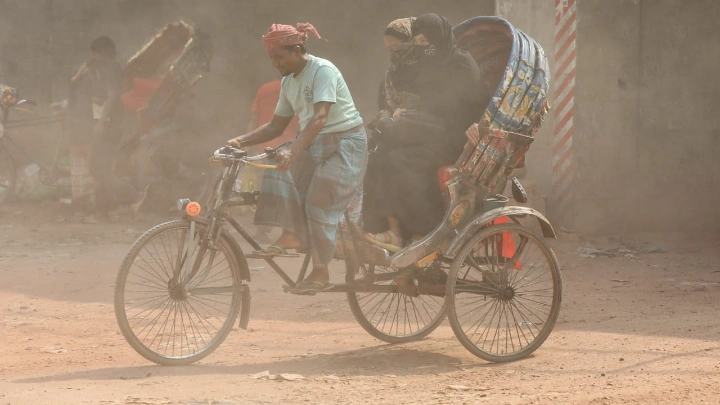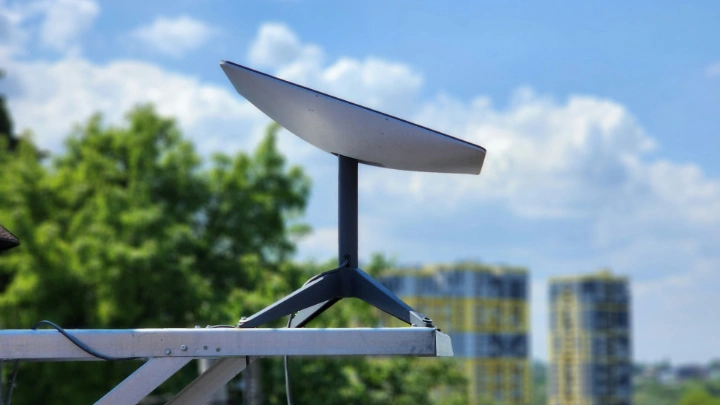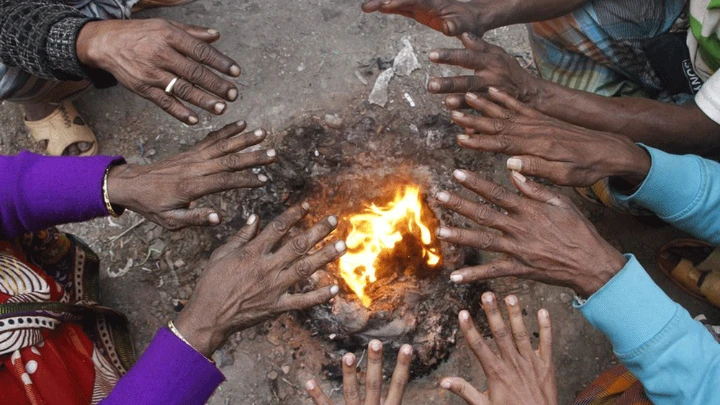The information was disclosed during a discussion titled “Spread and Risks of the Nipah Virus,” held at the IEDCR headquarters this afternoon (19 December)
Nipah Virus fatality rate hits 100% with 5 cases reported this year: IEDCR
TBS || Shining BD
Bangladesh has reported five Nipah virus cases this year, all of which have resulted in fatalities, marking a 100% case fatality rate, according to the Institute of Epidemiology, Disease Control, and Research (IEDCR).
The information was disclosed during a discussion titled "Spread and Risks of the Nipah Virus," held at the IEDCR headquarters this afternoon (19 December).
"This year, all Nipah cases had a history of consuming raw date palm sap," said Professor Tahmina Shirin, director of IEDCR.
Among the five cases, four were men, and one was a three-year-old girl. The cases were reported in four districts: Naogaon, Khulna, Shariatpur, and Manikganj.
"Nipah virus spreads through bat secretions or saliva. Consuming contaminated raw date palm sap can also lead to transmission. Infected individuals can pass the virus to family members or healthcare workers," Professor Shirin explained.
She advised against consuming raw date palm sap and warned people not to eat fruits partially eaten by bats. She also highlighted the risks posed by date juice sold online under labels such as "safe" or "boiled," which are contributing to the spread of the virus.
According to IEDCR data, the first Nipah virus case in Bangladesh was detected in Meherpur in 2001. Since then, 343 individuals across 34 districts have been infected, with a mortality rate of 71%. Of these, 28% were cases of person-to-person transmission.
In 2023, the country recorded 13 Nipah cases, with 10 resulting in death. Currently, 88 Nipah survivors remain under follow-up care.
The discussion also revealed that the virus was detected in breast milk for the first time last year, stressing the need for enhanced surveillance and preventive measures.
Shining BD

